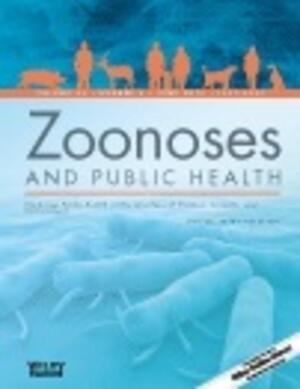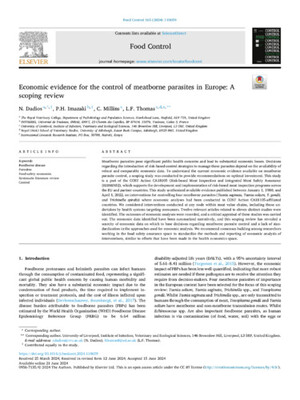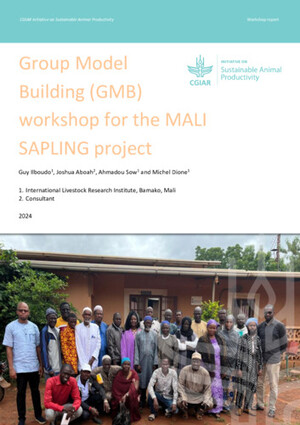
A mixed-methods approach to understanding knowledge of mosquito-borne infections and barriers for protection in Hanoi, Vietnam
Abstract
Dengue is a growing problem in Hanoi, with cyclical epidemics of increasing frequency and magnitude. In June 2019, we conducted a cross-sectional survey using mixed methods to investigate how inhabitants of Hanoi perceive and respond to the risk of mosquito-borne diseases (MBD). A total of 117 participants recruited using a stratified random sampling method were interviewed in three districts of Hanoi. Knowledge and practices (KP) regarding MBDs were assessed using a pre-tested questionnaire. Inferential statistics were used to identify factors associated with KP scores and describe the relationship between variables. Additionally, a “risk-mapping” exercise was conducted in a subsample through semi-structured interviews and analyzed qualitatively and quantitatively using the System Effects platform. Factors significantly associated with knowledge scores were education and family history of MBDs. While knowledge and practice scores were found to be positively correlated in the statistical analysis, this was not corroborated by our observations on the field. The results also revealed gaps in knowledge about MBDs and vectors and highlighted a general feeling of powerlessness which prevented the adoption of protective behaviors. Therefore, educational interventions which provide concrete tools to empower communities should have a positive impact on improving vector control.
Citation
Chapot, L., Thang Nguyen-Tien, Long Pham-Thanh, Hung Nguyen-Viet, Craven, L. and Lindahl, J.F. 2020. A mixed-methods approach to understanding knowledge of mosquito-borne infections and barriers for protection in Hanoi, Vietnam. Tropical Medicine and Infectious Disease 5(2): 66.










